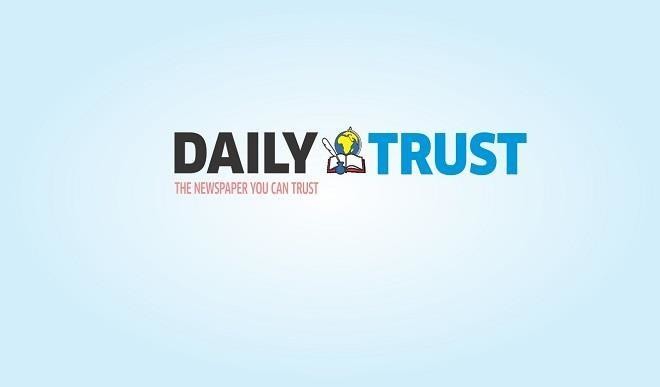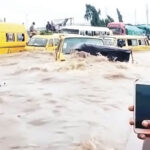Sri Lanka widened a curfew on Monday after attacks on mosques and Muslim-owned businesses in the worst unrest since Easter bombings by militants.
The country also blocked Facebook and WhatsApp to stop people inciting violence.
The island nation has ramped up security as fears grow that minority Muslims among its population of 22 million could face sectarian violence after bombers blew themselves up in four hotels and three churches, killing more than 250 people.
Several mosques and Muslim homes were damaged in an attack overnight in the Western district of Kurunegala, the Muslim Council of Sri Lanka and residents said.
Police arrested a group of men for the attacks but people in the mostly Buddhist district then demanded their release, military spokesman Sumith Atapattu said.
“To control the situation, a police curfew was imposed during the night,” he said.
Later on Monday, authorities extended the curfew to more villages in Kurunegala district to restore order.
April’s bombings claimed by Islamic State have shocked the island nation of 22 million people, more than 70 per cent of whom are Sinhalese Buddhists and the rest Muslims, Hindus and Christians.
Since the bombings, Muslim groups say they have received dozens of complaints about people being harassed.
There was glass everywhere at the Abrar mosque in the Muslim-majority town of Kiniyama that was attacked overnight.
All the windows and doors of the soft-pink building were smashed and copies of the Quran were thrown onto the floor.
Seven bikes parked outside were damaged.
A mosque official said the attacks were triggered when several people, including some Buddhist monks, demanded a search of the main building after soldiers had inspected a 105-acre (43-hectare) pond nearby.
“When Muslims tried to prevent the attack, we were asked by police to go inside,” the official said.
Authorities imposed a temporary ban on social media networks and messaging apps after a clash in another part of the country was traced to a dispute on Facebook.
Several dozen people threw stones at mosques and Muslim-owned stores and a man was beaten in the Christian-majority town of Chilaw on the West coast on Sunday in the dispute that started on Facebook, police sources and residents said.
Authorities said they arrested the author of a Facebook post, identified as 38-year-old Abdul-Hameed Mohamed-Hasmar, whose online comment “1 day u will cry” people said was interpreted as threatening violence.
“Social media blocked again as a temporary measure to maintain peace in the country,” Nalaka Kaluwewa, Director-General of the government information Department, said on Monday.
On Twitter, Sri Lanka’s leading mobile phone operator, Dialog Axiata Plc, said it had also received instructions to block the apps Viber, IMO, Snapchat, Instagram and Youtube until further notice. (dpa/NAN)

 Join Daily Trust WhatsApp Community For Quick Access To News and Happenings Around You.
Join Daily Trust WhatsApp Community For Quick Access To News and Happenings Around You.


